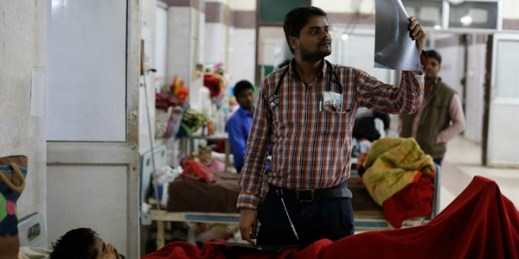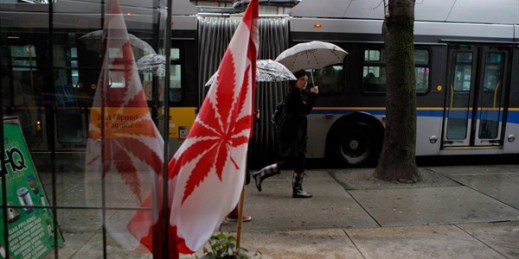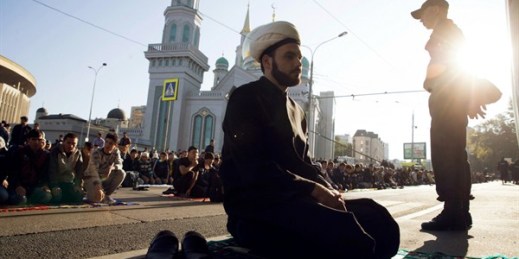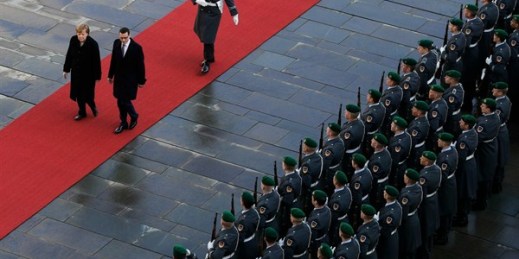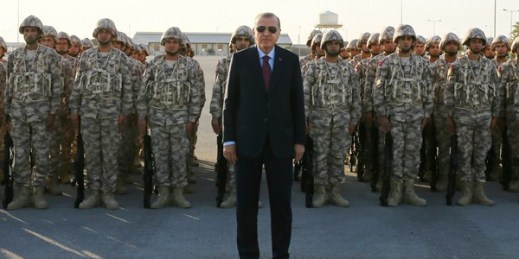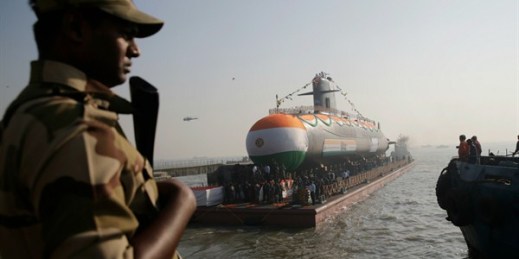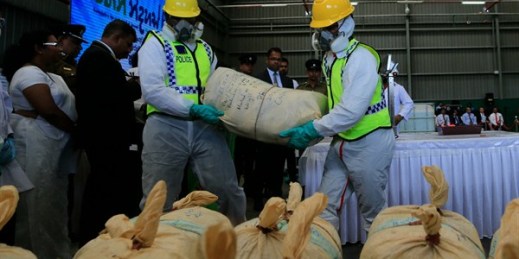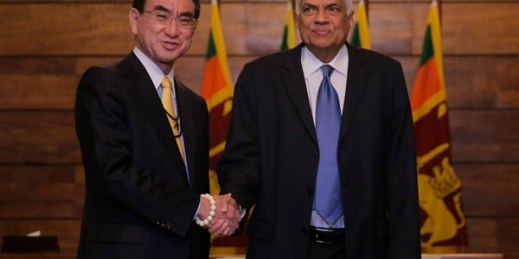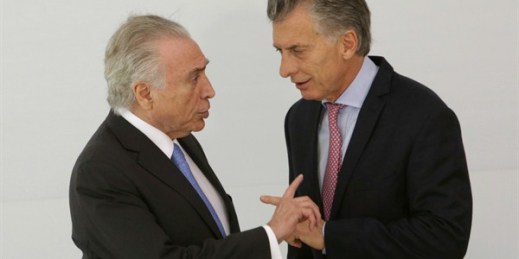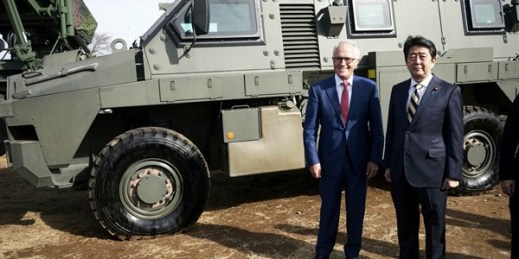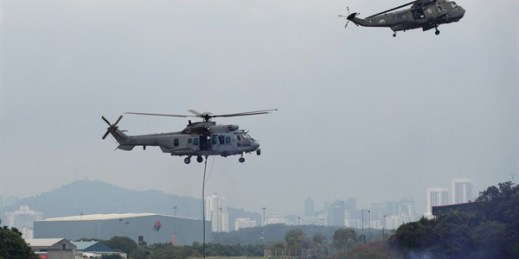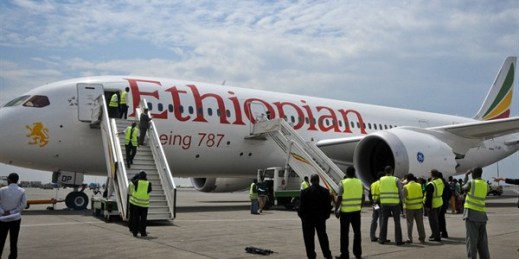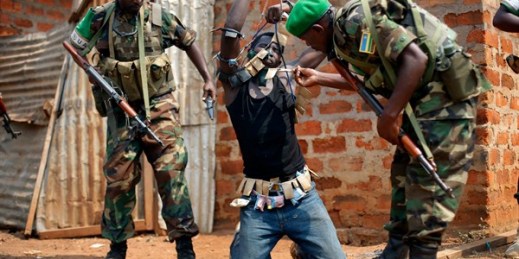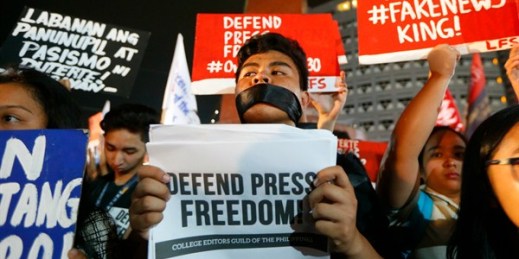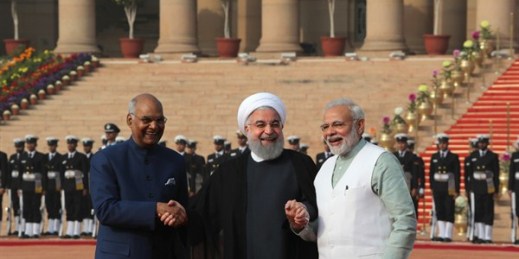
On Feb. 17, during a meeting in New Delhi, Iranian President Hassan Rouhani and Indian Prime Minister Narendra Modi signed nine new bilateral agreements, including an 18-month lease of part of the Iranian port of Chabahar, near the Pakistan border, to India for an $85 million development project. Modi said the port deal would help expand “the centuries-old bilateral relationship.” In an email interview, Arshin Adib-Moghaddam, professor in Global Thought and Comparative Philosophies at the School of Oriental and African Studies in London and the recent author of “Psycho-nationalism: Global Thought, Iranian Imaginations,” explains the significance of the port deal, […]


